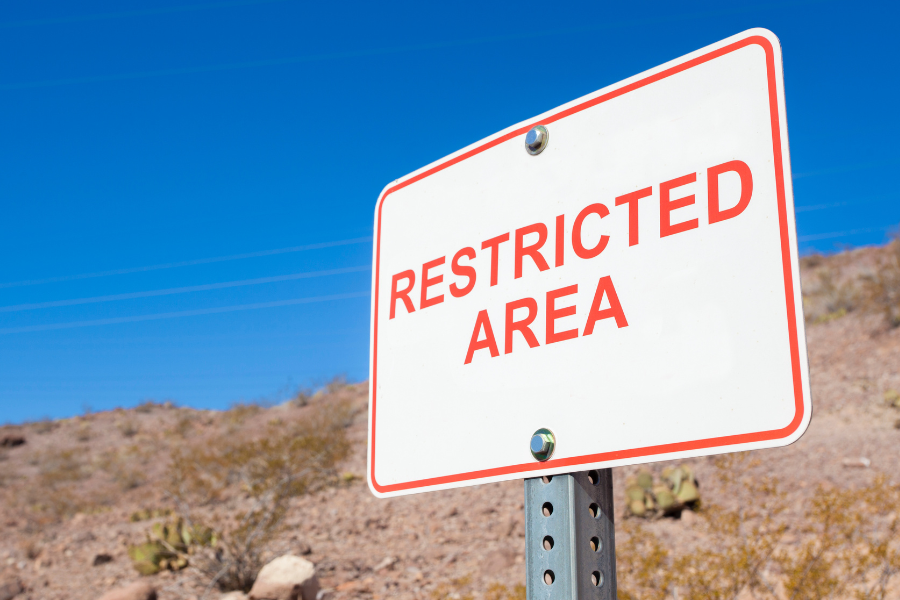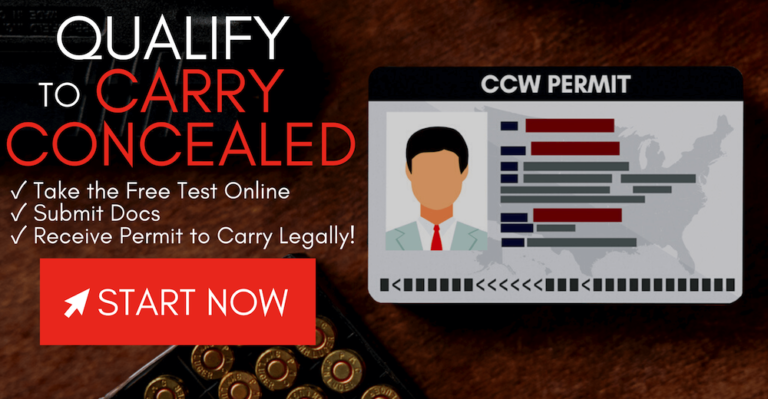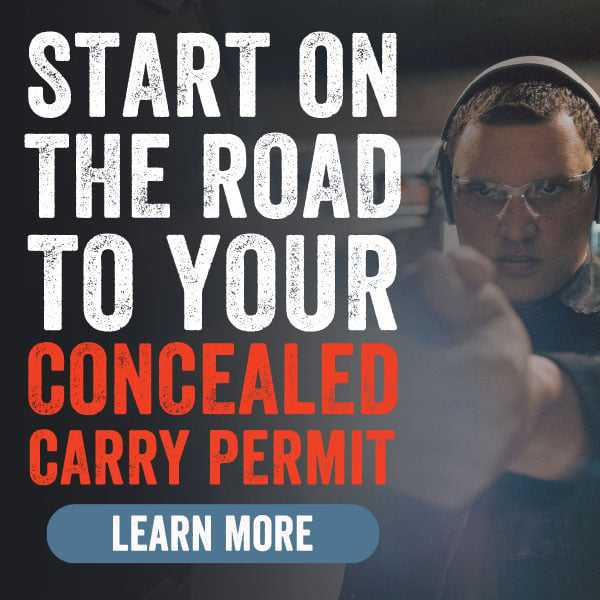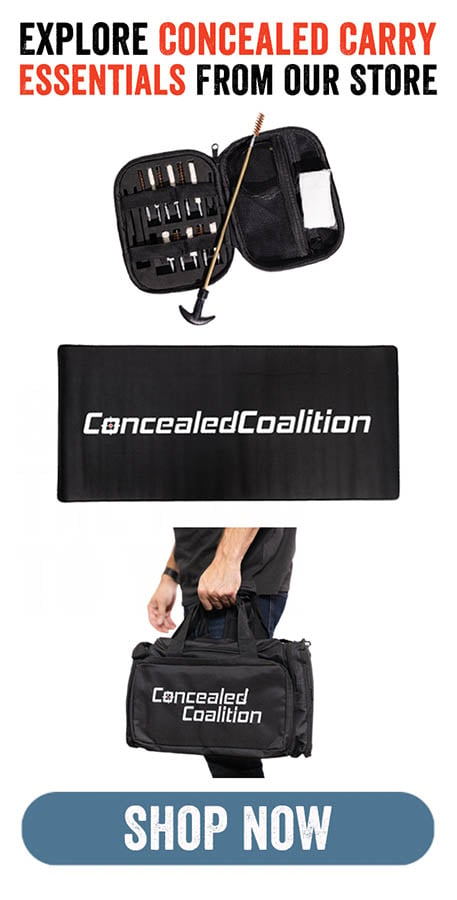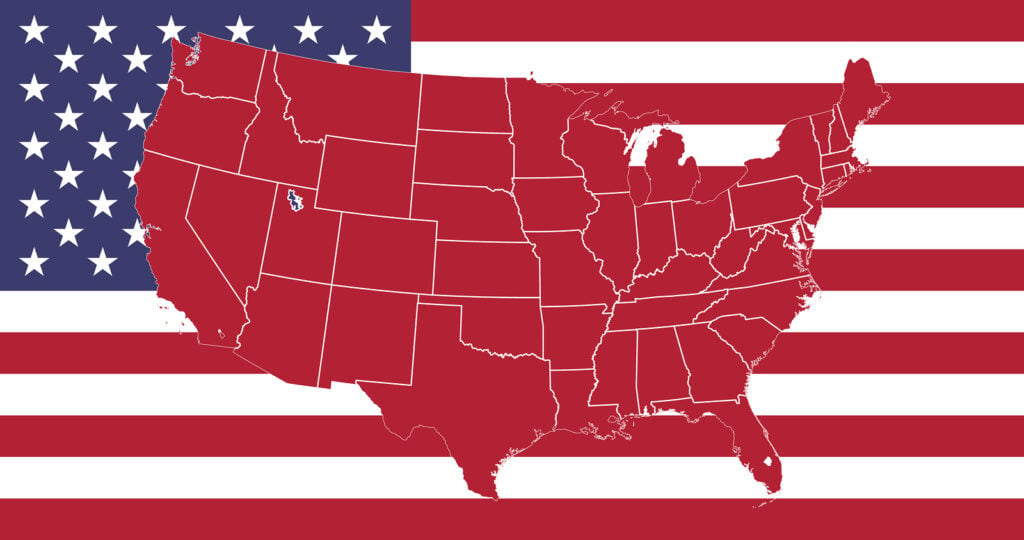Carrying a concealed firearm comes with serious responsibilities. While a concealed carry permit allows you to legally carry a handgun in many public places, it’s not without limits.
Permit holders must navigate federal, state, and local laws that dictate where and how firearms can be carried. Violating these rules can result in criminal charges, loss of your permit, or restrictions on your gun rights. Understanding these laws is essential. This guide covers the most common restrictions for concealed carry permit holders at federal, state, and private levels.
It also addresses challenges with reciprocity across state lines, penalties for violations, and tips for staying compliant. Whether you’re new to concealed carry or an experienced gun owner, knowing these rules will help you exercise your rights safely and responsibly.
1. Federal-Level Restrictions
Even with a valid concealed carry permit, federal law prohibits firearms in certain locations. These restrictions apply nationwide, regardless of the state in which your permit was issued.
Federal Buildings
You cannot carry a concealed firearm into any federal facility. This includes:
- Federal courthouses
- IRS offices
- Social Security offices
- Post offices
- Offices leased by federal agencies
Signs are posted at entrances, but even if you don’t see one, the prohibition still applies.
Airports and Airplanes
Federal law bans firearms in sterile areas of airports, which means beyond the TSA security checkpoint. While travelers can transport unloaded firearms in checked baggage if properly declared and stored, carrying a concealed weapon into secured terminals or onto an airplane is strictly prohibited.
Military Installations
Military bases are another federally restricted zone. Civilians are not allowed to carry firearms on base unless they receive special permission.
School Zones
Under the Gun-Free School Zones Act, carrying a firearm within 1,000 feet of K–12 schools is prohibited, even with a permit, unless a specific exemption applies. Some states issue permits that exempt holders, but not all do.
Why Federal Restrictions Matter
These federal rules are enforced uniformly across the country. Violating them can lead to federal charges, which often carry severe penalties. For responsible permit holders, knowing these restrictions is critical to avoiding costly mistakes.
2. State and Local Restrictions
While federal law sets a baseline, the bulk of restrictions for concealed carry permit holders are dictated by state and local governments. Every state has its own concealed carry framework, which means rules can vary dramatically depending on where you live or travel.
Commonly Restricted Places at the State Level
Across most states, the following locations are typically off-limits to concealed carry:
- Schools and Universities – Most states prohibit firearms on school campuses, including public and private colleges. Some states allow guns locked in vehicles on school property.
- Government Buildings – State courthouses, DMVs, and police stations usually prohibit firearms, regardless of permits.
- Bars and Restaurants – States often ban carry in establishments where alcohol is the primary source of revenue. Others allow it unless you’re drinking.
- Polling Places – Many states prohibit firearms at election sites.
- Public Gatherings – Firearms are often banned at parades, rallies, protests, and sporting events.
- Hospitals and Healthcare Facilities – Firearms are generally restricted in medical facilities due to safety concerns.
- Places of Worship – Some states restrict firearms in churches, mosques, or synagogues, though rules vary by jurisdiction.
- Public Transportation – Trains, buses, and subways may be off-limits in certain states.
State-to-State Differences
For example:
- Texas allows concealed carry in bars if alcohol sales are under 51% of revenue, but prohibits it otherwise.
- Illinois bans firearms in nearly all schools, bars, and government facilities.
- Arizona permits carry in bars if you are not consuming alcohol, but requires immediate compliance with posted signs.
Because of these differences, permit holders must always check local laws before carrying. Concealed Coalition’s state-specific guides are excellent resources for up-to-date information.
3. Private Property and Employer Restrictions
In addition to government laws, private property owners have the right to decide whether firearms are allowed on their premises.
Business Signage
If you see a sign stating “No Firearms Allowed,” you must comply. Entering with a firearm anyway can result in trespassing charges, even if you hold a valid permit.
Workplaces
Employers often have their own policies on firearms. Some prohibit firearms inside buildings, while others extend restrictions to company parking lots. Violating workplace rules can cost you your job, even if it doesn’t carry criminal penalties.
Homes and Private Property
Property owners have the ultimate say. If a homeowner asks you not to carry on their property, you must comply or leave. Respecting property rights is an important part of being a responsible gun owner.
4. Reciprocity and Traveling Across State Lines
One of the most complex issues for concealed carry permit holders is reciprocity.
What Is Reciprocity?
Reciprocity agreements determine whether a permit issued in one state is recognized by another. For example, a concealed carry permit from Kentucky might be honored in neighboring Tennessee, but not in Illinois.
Challenges for Travelers
- A permit valid in your home state may be worthless once you cross state lines.
- States with stricter laws, like New Jersey or California, may not recognize out-of-state permits at all.
- Even in states that honor your permit, restrictions on carry locations can differ.
Example: Illinois vs. Arizona
- Illinois: Requires its own FOID (Firearm Owner Identification) card and generally does not honor out-of-state permits.
- Arizona: Recognizes permits from many states and has more relaxed carry rules.
Resources for Travelers
Before traveling, always check a reliable reciprocity map to figure out if there are any restrictions for concealed carry permit holders. For example, you can explore Concealed Coalition’s Reciprocity Map to see how state laws compare.
5. Penalties for Violating Restrictions
Carrying in a restricted location can have serious consequences:
- Criminal Trespass – Entering a posted private property or prohibited public location with a firearm.
- Permit Revocation – Violations can lead to suspension or permanent revocation of your carry license.
- Civil Liability – If a firearm is discharged in a restricted area, even accidentally, you could face lawsuits.
- Felony Charges – Certain violations, such as carrying into a federal courthouse, can result in felony prosecution.
The consequences extend beyond fines and jail time. They can permanently strip you of your right to carry.
6. How to Stay Compliant
The best way to avoid violations is by staying proactive.
- Research Before Traveling – State laws change often. Review reciprocity maps before crossing borders.
- Follow Signage – Always respect posted restrictions in businesses and private properties.
- Secure Your Firearm – When entering prohibited zones, store your firearm safely in your vehicle according to state transport laws.
- Take Training Classes – Continuing education through licensed providers ensures you stay updated on legal changes.
- Stay Sober – Carrying while intoxicated is illegal in nearly all jurisdictions.
By developing these habits, you’ll reduce your risk of making costly mistakes.
Training and Education with Concealed Coalition
Compliance isn’t just about reading laws—it’s about training.
Concealed Coalition offers state-specific concealed carry classes and refresher courses to keep you confident and informed. Our certified instructors teach you how to carry safely and understand the evolving legal landscape.
Explore our programs and find a class near you today at Concealed Coalition.
Avoid Violating Restrictions for Concealed Carry Permit Holders by Getting Educated
Concealed carry is both a right and a responsibility. While your permit allows you to defend yourself and your loved ones, that right comes with restrictions that must be respected.
Federal law bans firearms in sensitive areas like schools and federal courthouses. State and local governments layer on additional restrictions that vary from one jurisdiction to another. Private property owners and employers also have the right to prohibit firearms on their premises.
Violating these rules can result in serious criminal, civil, and personal consequences. But with the right education and preparation, you can carry responsibly and legally. Stay informed, respect restrictions, and always seek continuing education through trusted providers like Concealed Coalition. Doing so will help you exercise your Second Amendment rights safely, confidently, and within the law.
